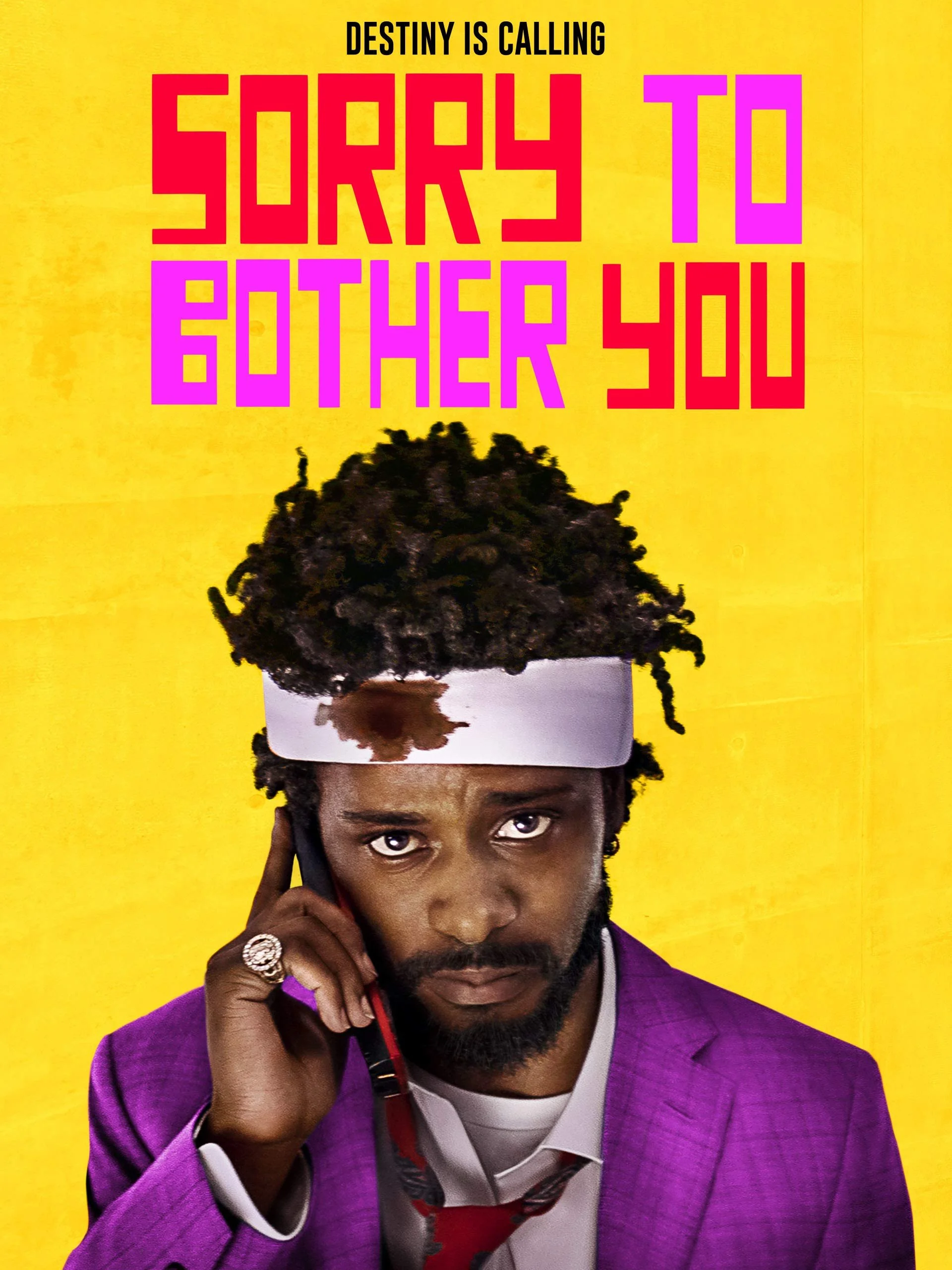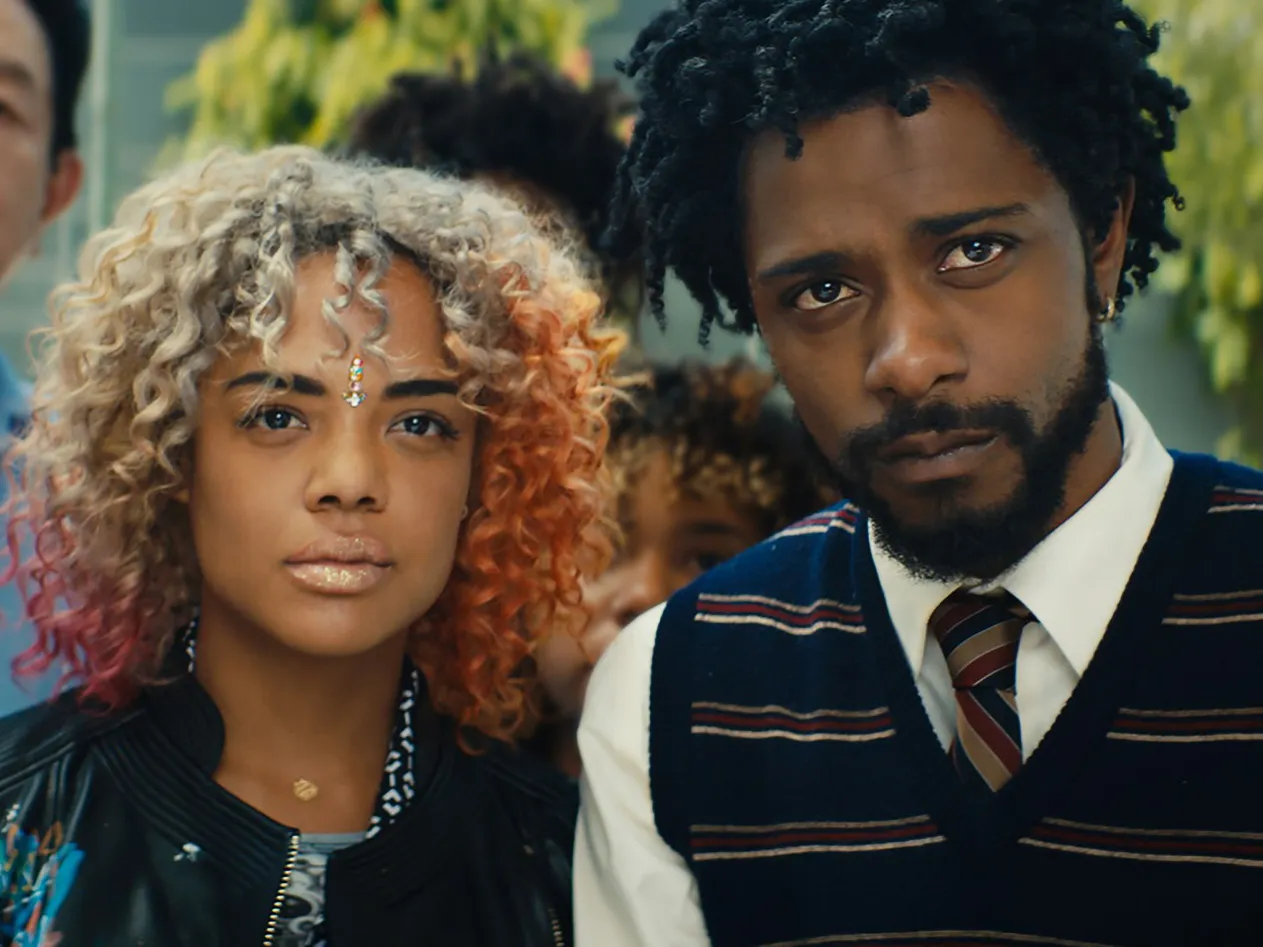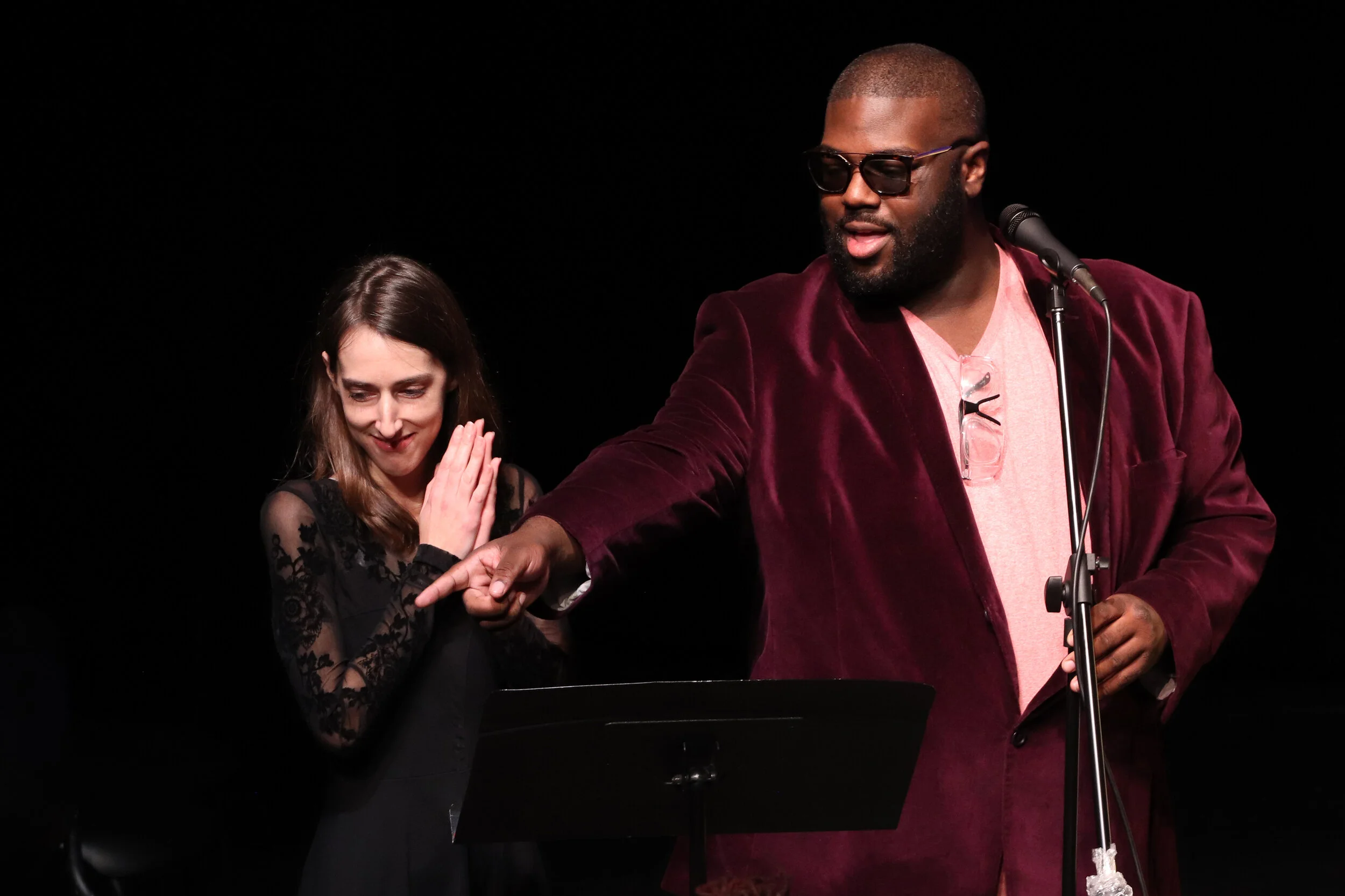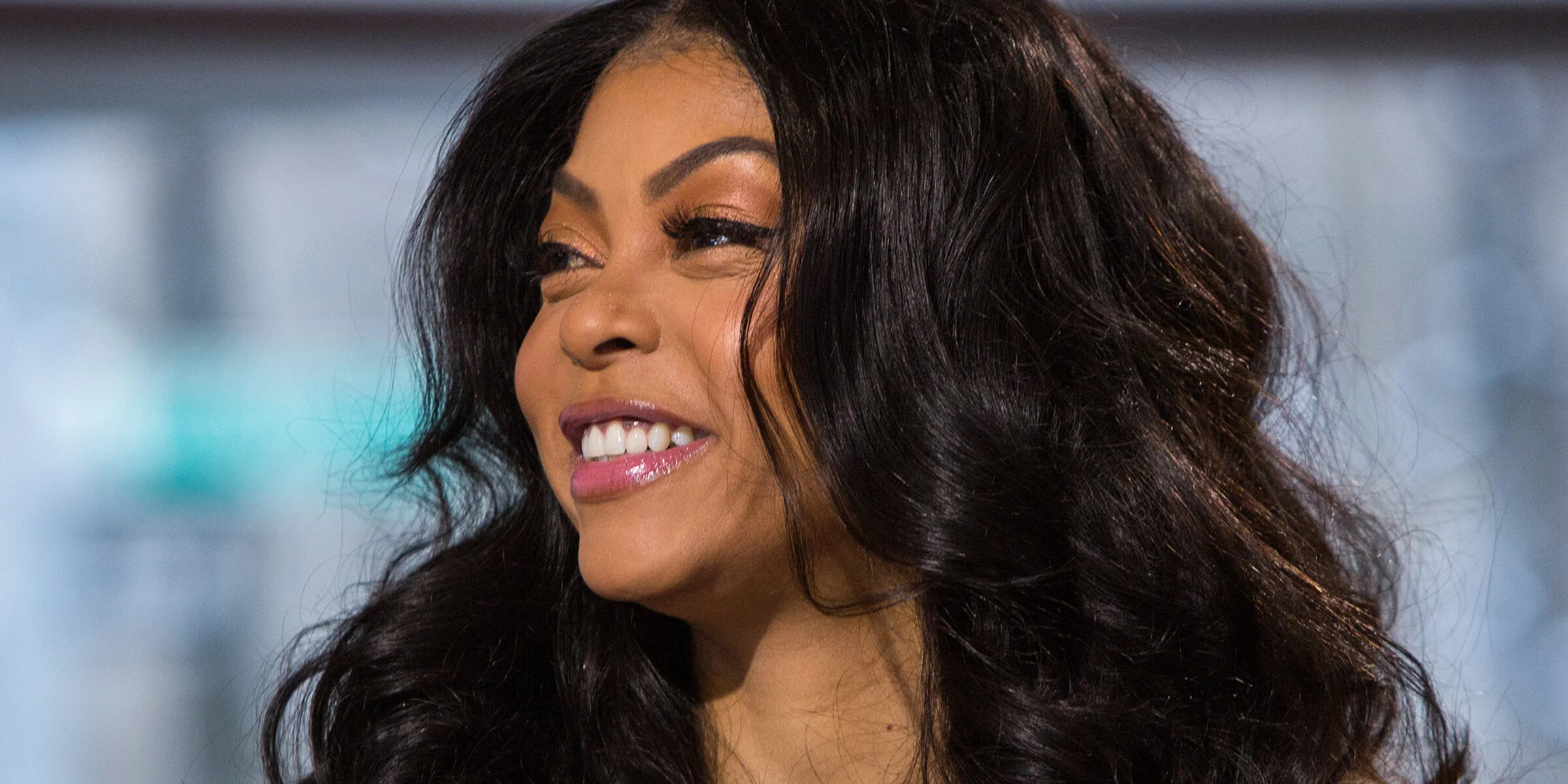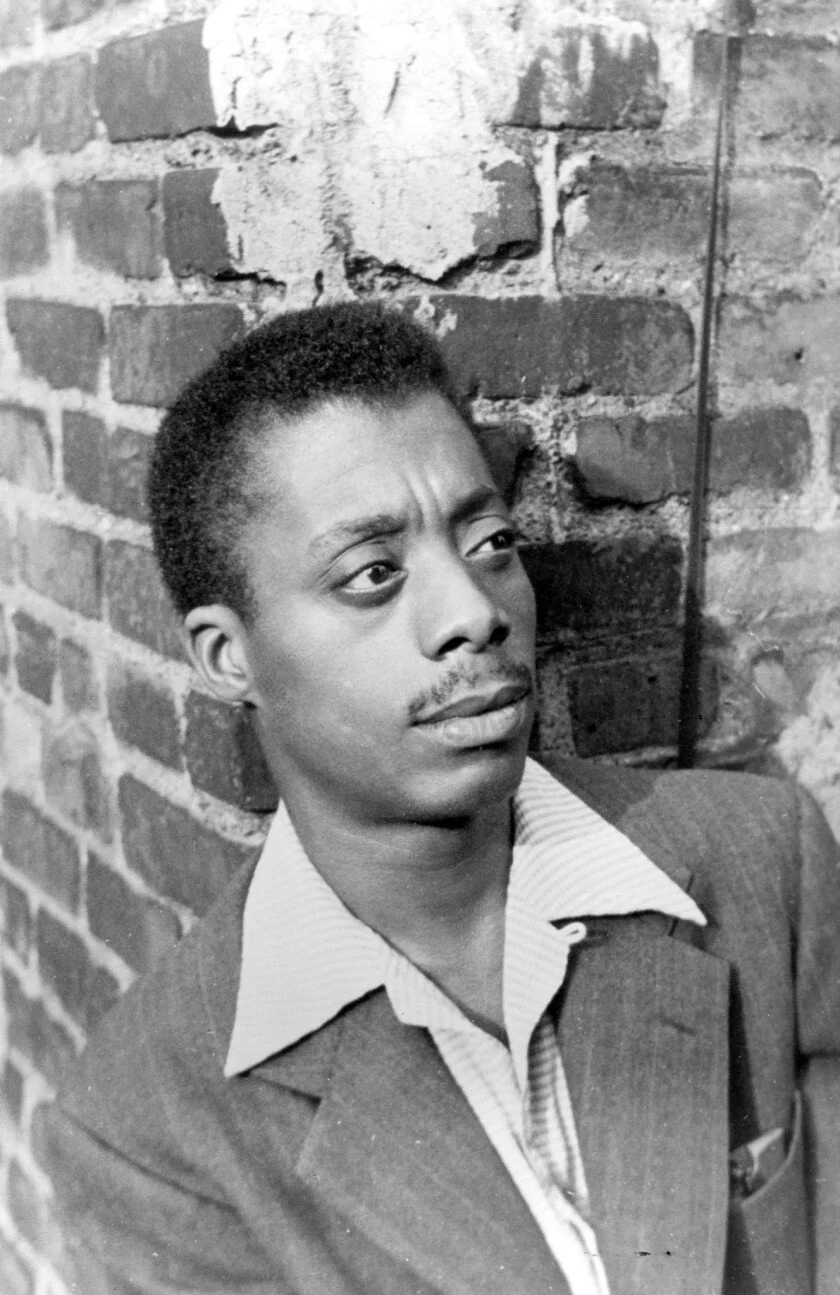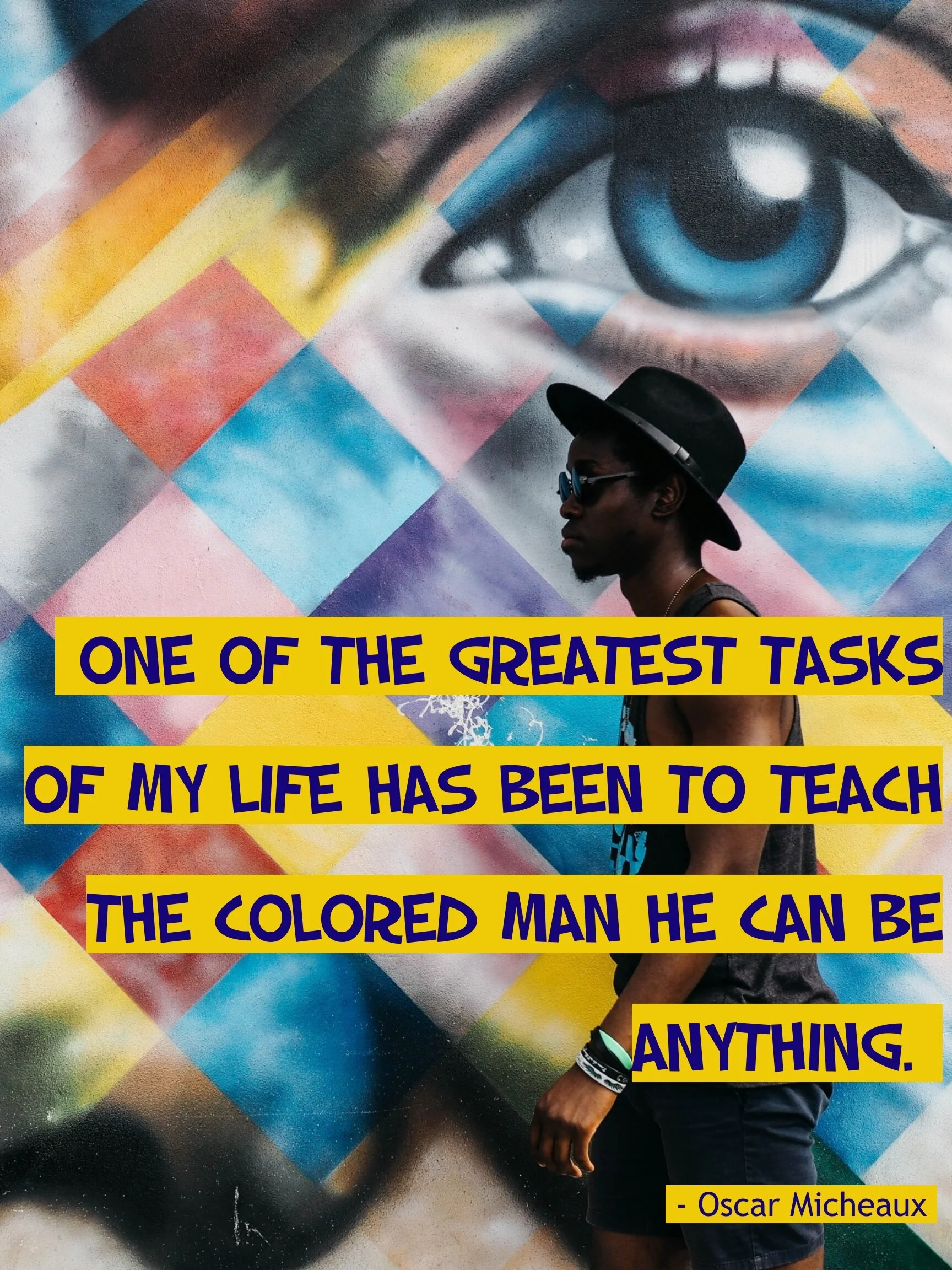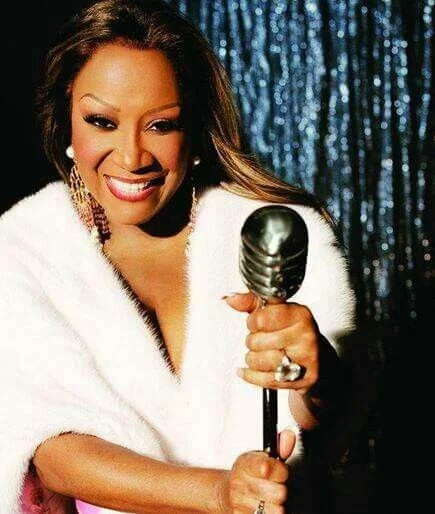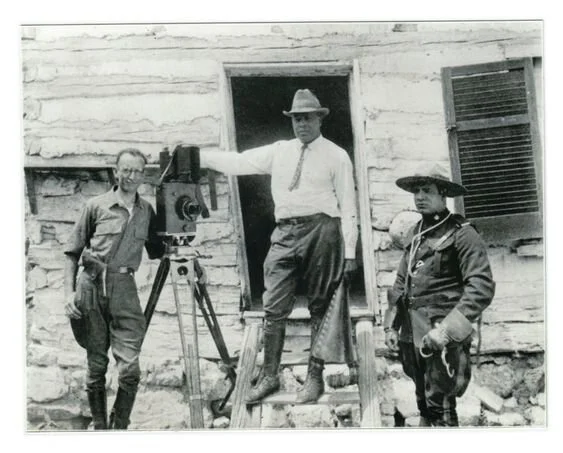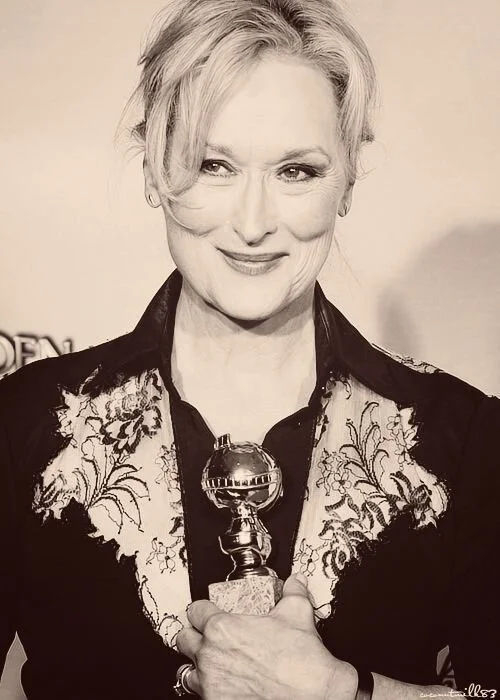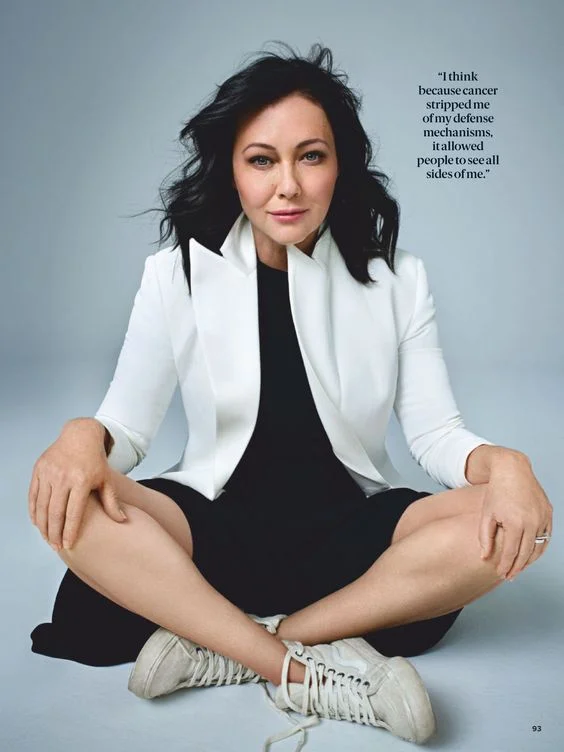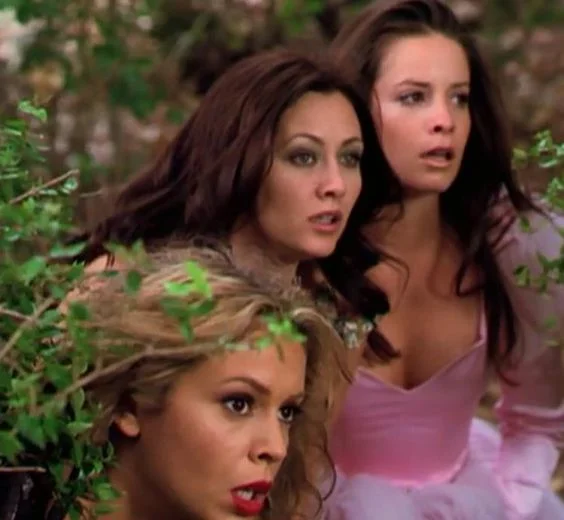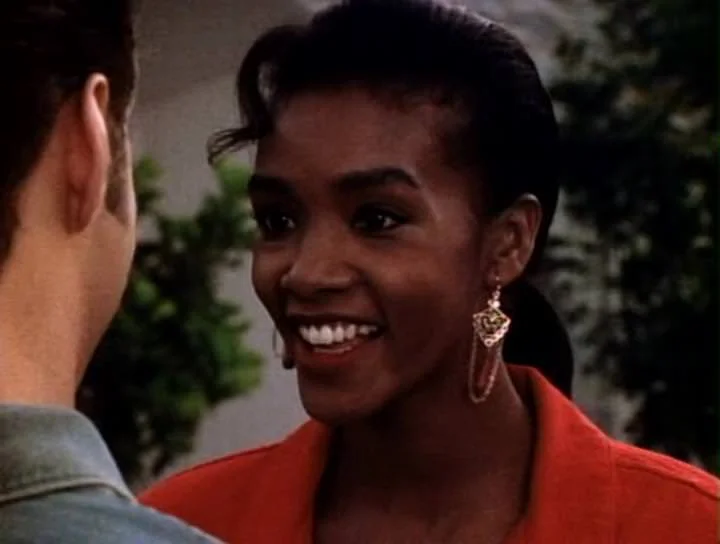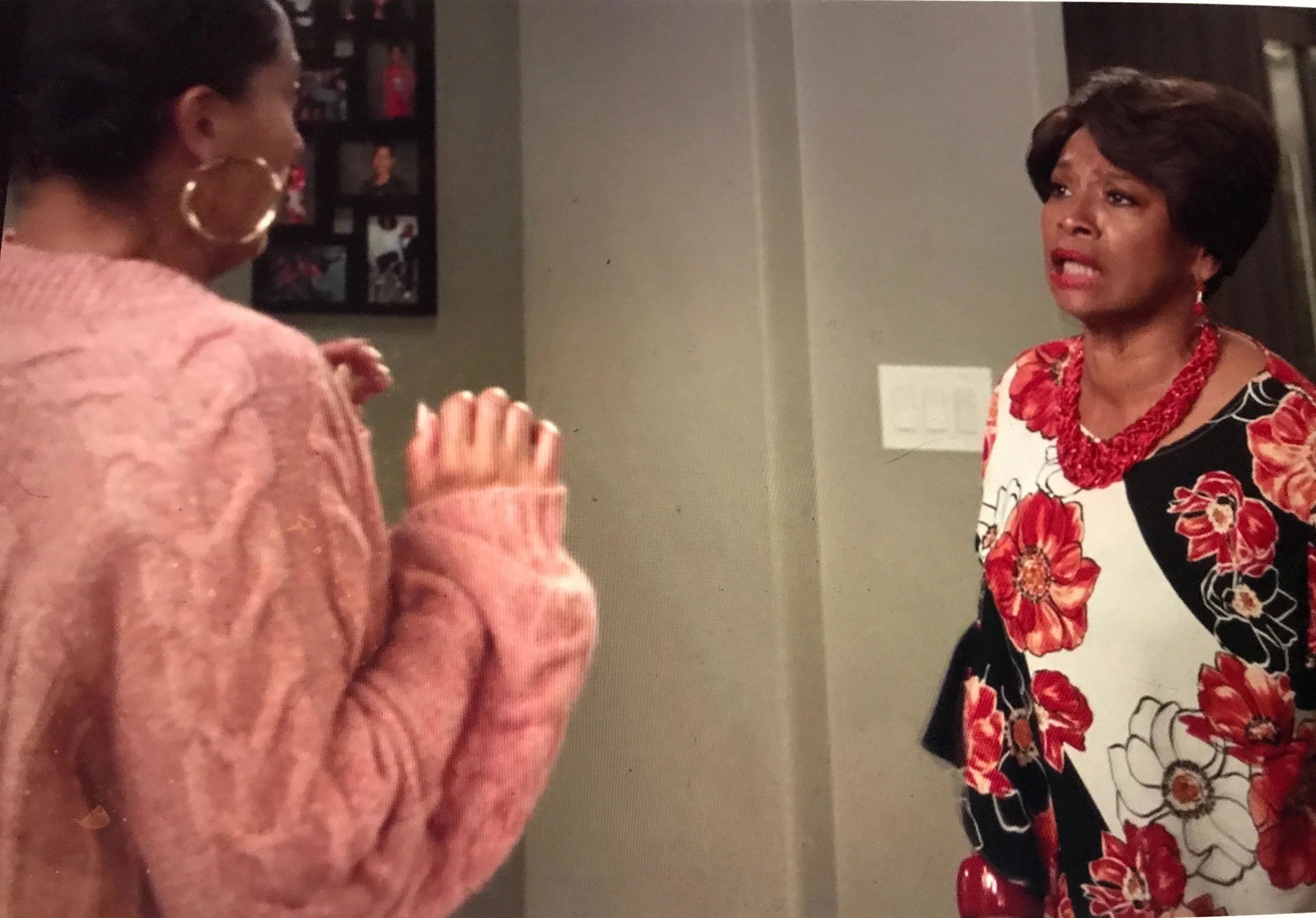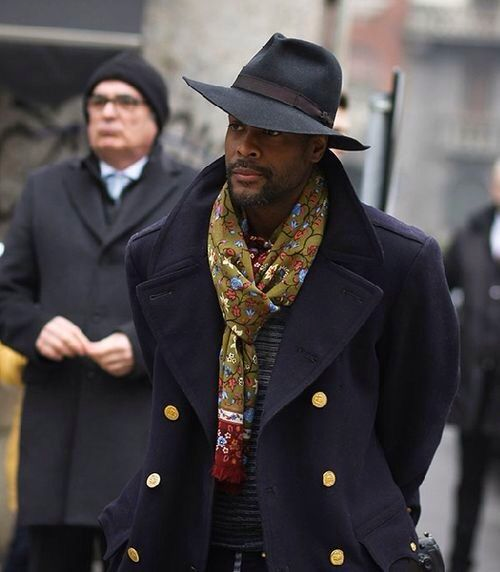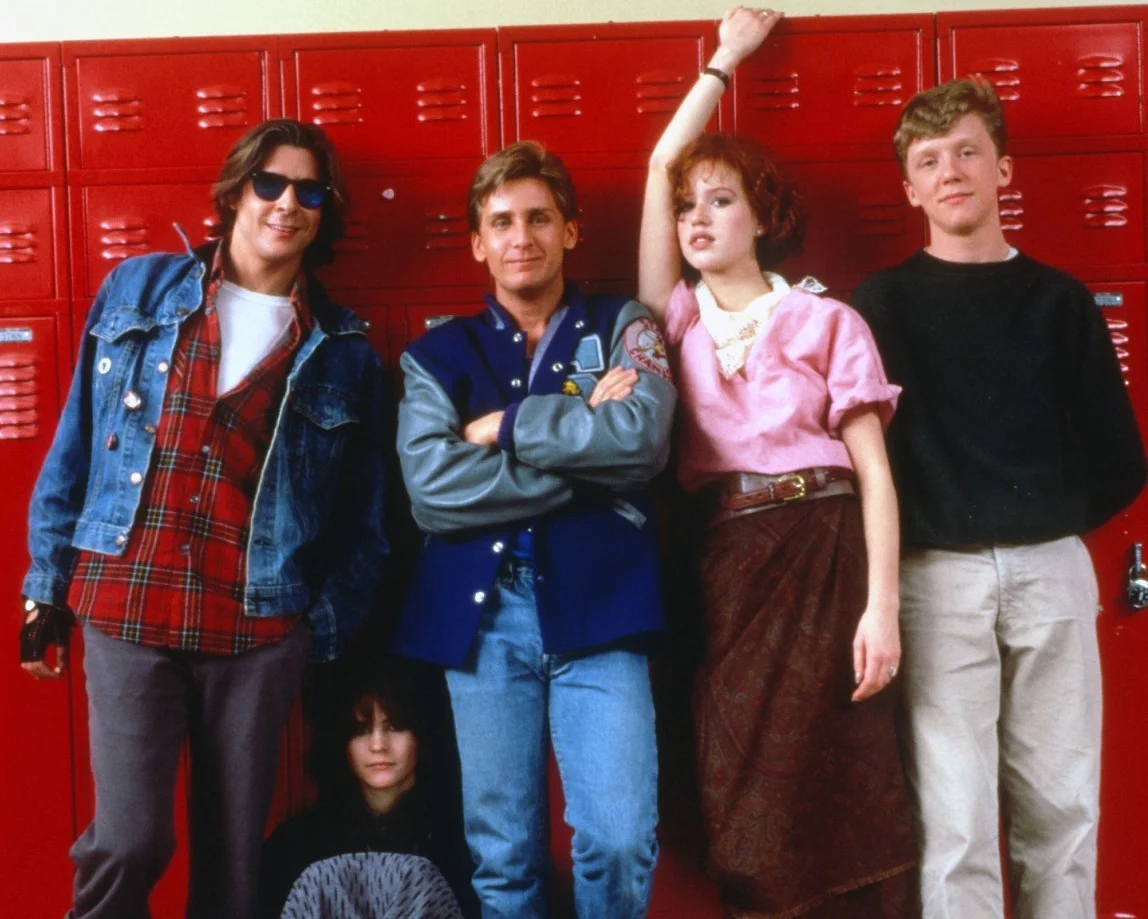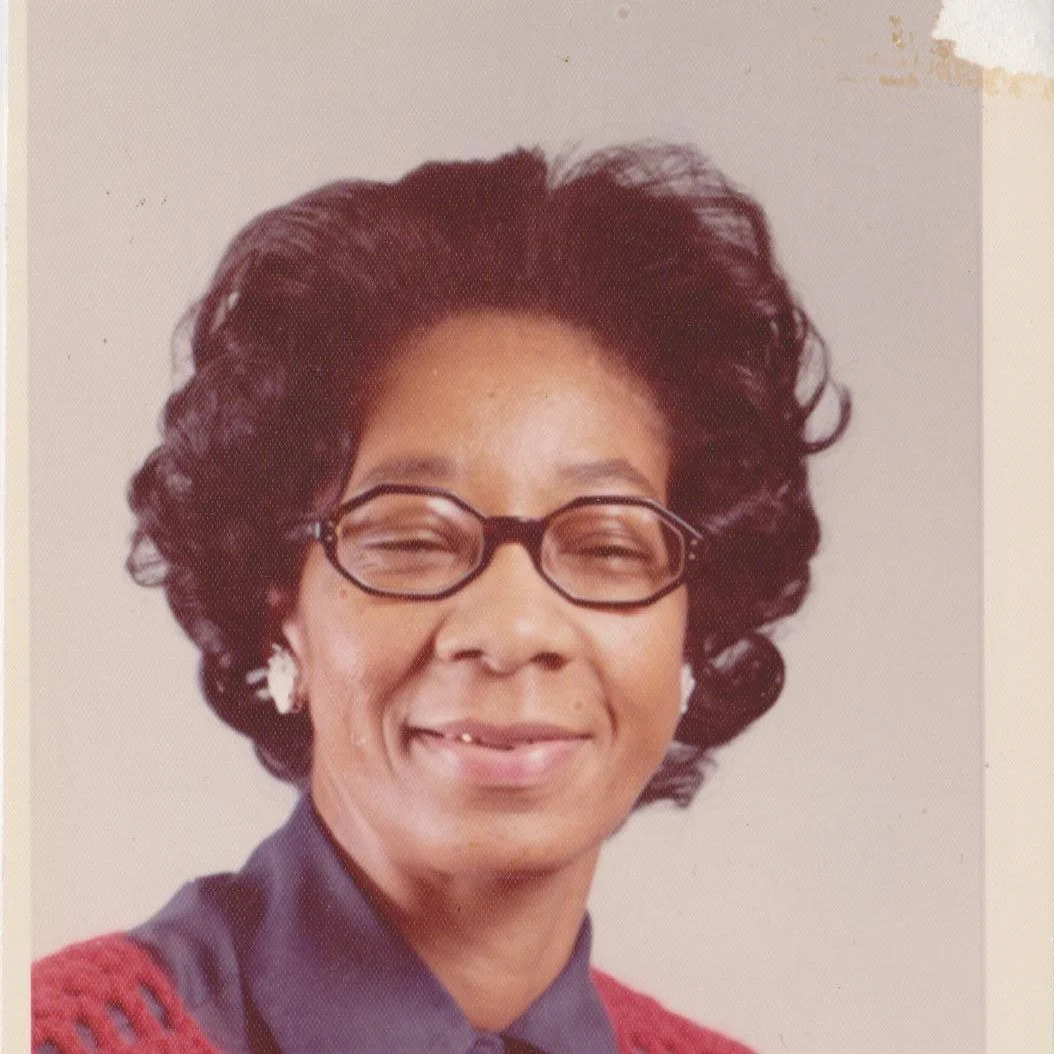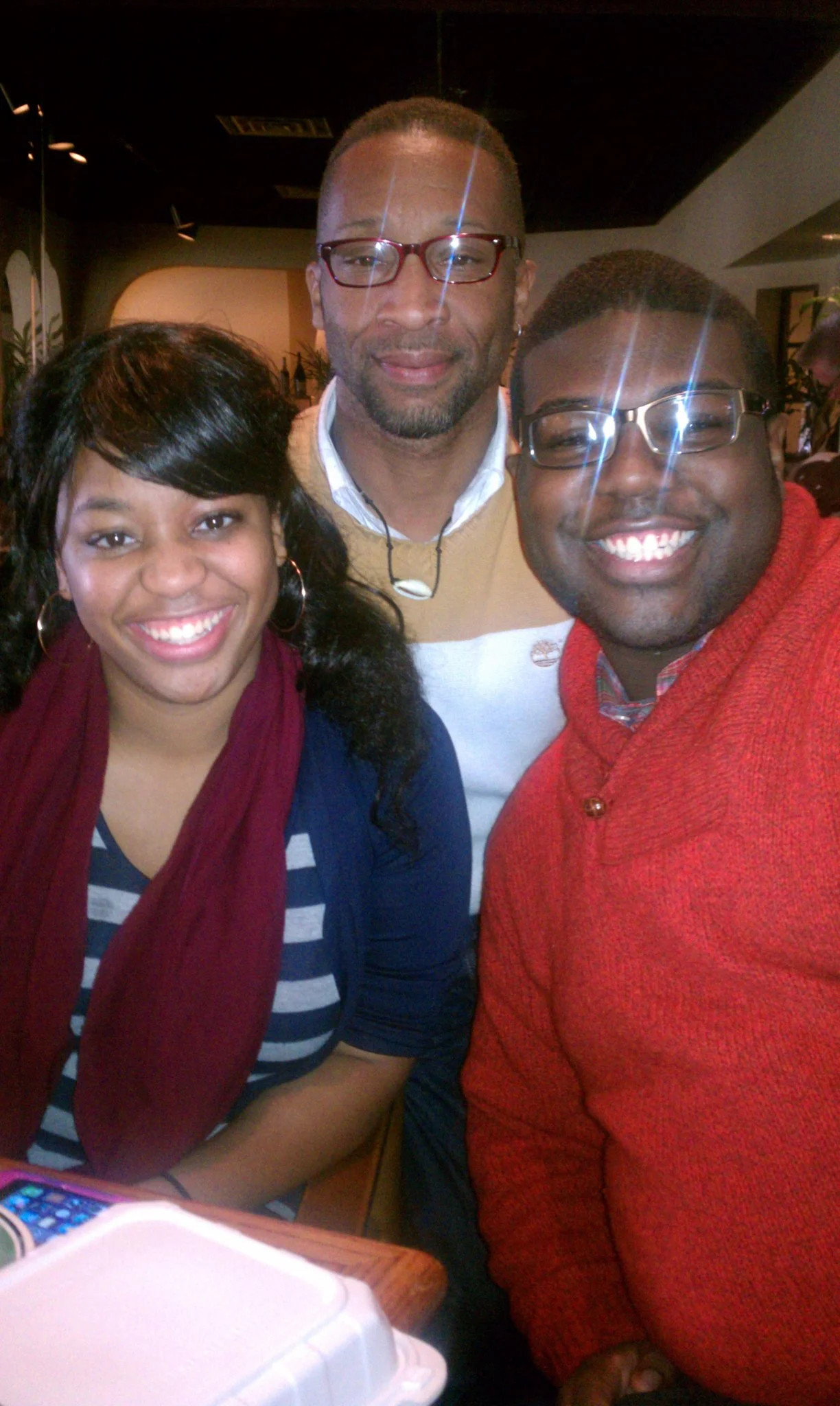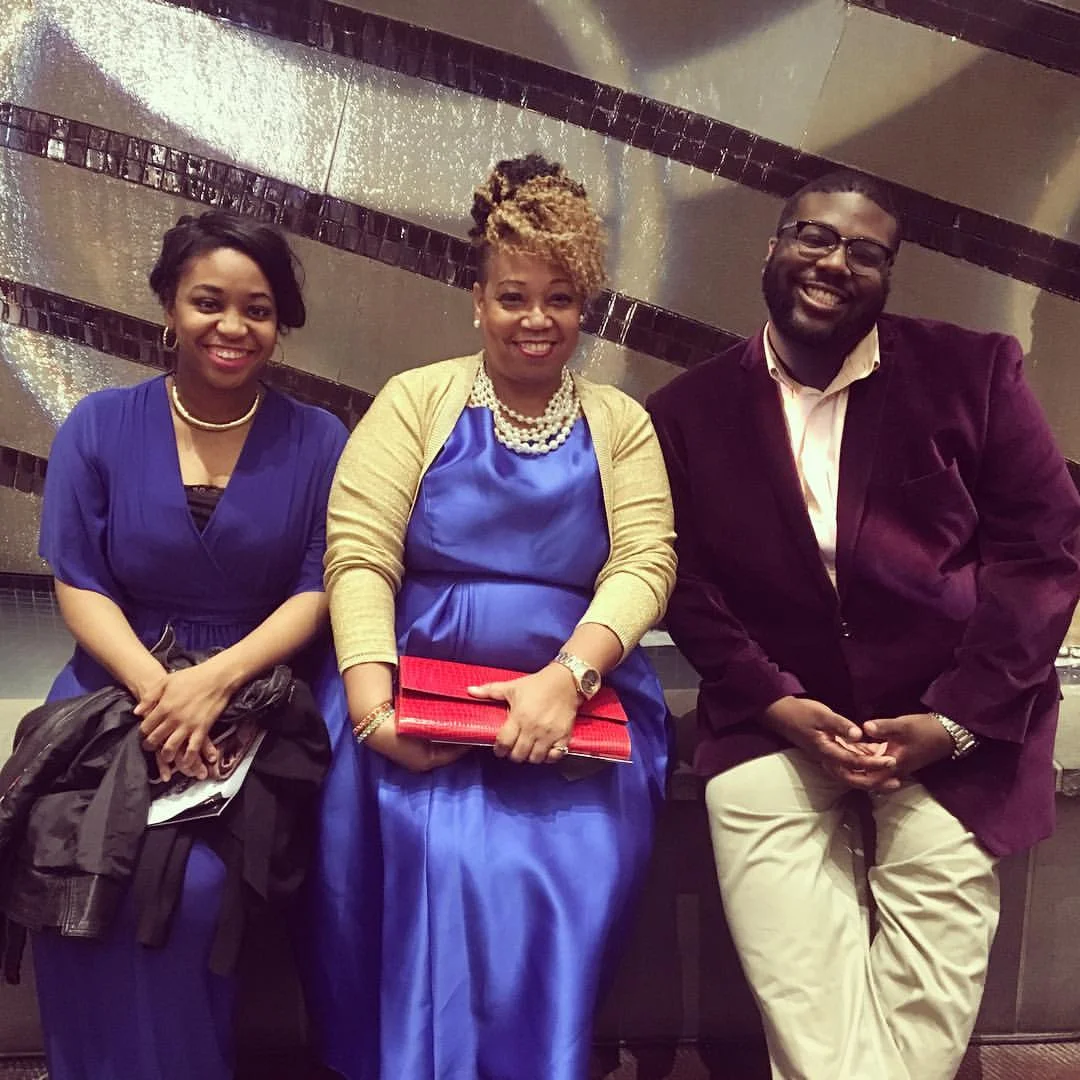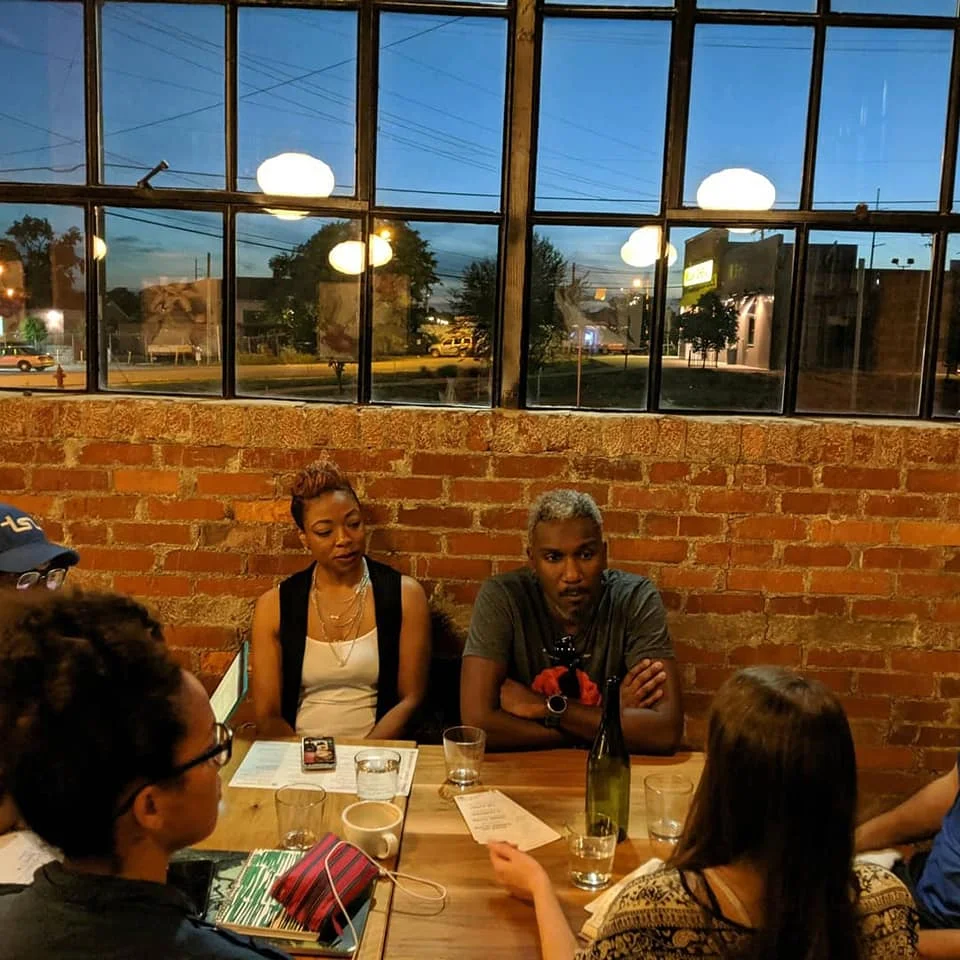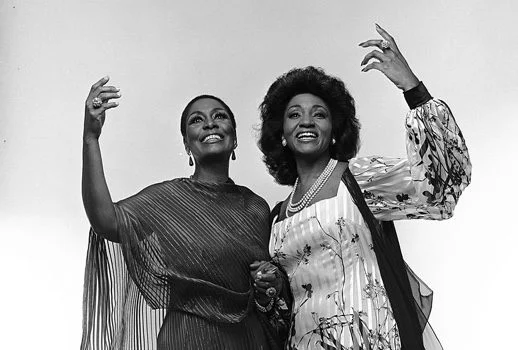"Sorry to Bother You"
Director & Writer Boots Riley’s Sorry to Bother You is a quintessential film that explores
the relationship between Black and White America and delves into American capitalism. The film deals more with the inequality from the economically disenfranchised than the actual racial side, providing a unique perspective. I’ve always said that “money equals freedom.” It’s a rather ironic statement considering “money is considered the root of all evil.” Riley definitely pushes this narrative throughout the film. He uses the protagonist “Cassius Green,” played by Lakeith Stanfield, as the typical, down-on-his-luck young black millennial living in California. Cassius lives with his uncle in his garage with his girlfriend “Detroit.” At the start of the film, he doesn’t have a job, and he’s plagued with all the stereotypical issues that black men often face in the workplace. He’s underemployed due to his lack of education and ability to maintain a job. He goes as far as to lie on his application, which ironically entices the hiring manager to give him employment. It is through this job that Cassius gets a taste of the American Dream.
The American Dream has been a fictitious dream that White America has sold citizens of this country since its inception. The dream has shifted and changed, but its sole purpose has remained intact. Cassius
moves up in the company. He starts making money to avoid his own home and vehicle. This comes at a cost to his soul. The company he works for is crooked, and eventually, he uncovers an insidious plot to turn workers into hybrid horses called “equisapiens.” While this portion of the film takes on a sci-fi visual interpretation, there’s a hidden metaphorical meaning behind it. The descendants of today’s African American population were most likely enslaved. Enslaved Africans built the United States free of charge. They were branded, bred, and treated like chattel, similar to horses. There was no concern for their well-being, and the effects of that treatment are still prevalent in today’s American society. It is almost as if Riley’s trying to make a statement that for a black man to be successful, he must not only lose his soul but become nothing more than a fragmented thoroughbred. It is only fitting that the antagonist “Steve” is played by Armie Hammer. Seven years later, Hammer has been exiled from Hollywood for his own twisted and demented sexual dalliances as well as allegations of abuse. It’s almost a sense of life imitating art. While Steve gets his “comeuppance” in the end, Cassius transforms into an equisapien. He leaves the company and returns to his life as an unemployed black man living in his uncle’s garage.
While I celebrate the fact that Cassius finds himself, I don’t like that he has to return to
poverty to be true to who he is. I think this is a consistent misconception that Black Americans have had to wrestle with for decades. We see this play out now with the recent inaugural performances of hip-hop artists Nelly and Snoop Dogg at Donald Trump’s second presidential inauguration. Maybe it is my naivety or extreme optimism that think black men can be integral while also achieving financial success in America. I’m not sure. However, I think that’s a question Riley wants his viewers to wrestle with. We even see this playout with Cassius’s relationship with Detroit. Detroit, a liberal “woke” activist and artist, is initially against the greedy corporation that Cassius works for, yet she benefits from the success. She later opts out of that success to stay true to herself. Yet, the relationship between her and Cassius is complicated in itself. Now, this is where my biases might reflect in my interpretation of the relationship simply because I am not a fan of Lakeith Stanfield. I think he’s a good actor, but I have yet to see him have “equally yoked” chemistry with any of his female co-stars. There is always a layer of misogyny that exudes from the performance. Again, I think this is where life imitates art. The relationship between black men and women is fragile and complex. While we’re all rooting for Detroit to stay with Cassius, she seems more equally yoked with Cassius’s friend and rebel rowser “Squeeze.” This further complicates things as Squeeze is an Asian American, and it is implied that he often contracts sexually transmitted diseases. During Cassius and Detroit’s breakup, Squeeze and Detroit basically hook up until the point of having actual sex. Yet, Squeeze is much more confident and sure of who he seeks to be in the world. Ultimately, Cassius and Detroit get back together, but for how long? Cassius eventually transforms into that horse hybrid. The audience is left to their own devices regarding his relationship with Detroit. While black women are often “oppressed,” black men are “suppressed.”
Pictured: Tessa Thompson (“Detroit”) and LaKeith Stanfield (“Cassius”) in Sorry to Bother You (Dir. Boots Riley, 2018)
In conclusion, the film is a neat construction of race and economics in America. I love
Riley explores this through the characters of Cassius and Detroit. I am even a fan of Detroit’s name. Detroit, the once beloved, quintessential, all-American city, represents everything wrong with America in the 21st century. It is a city plagued by consistent violence, economic disenfranchisement, abandoned buildings, and the first city in America to declare bankruptcy. However, Detroit was once considered a wonder city for the American Dream. Each decision Riley makes in this film has a significant meaning behind it, whether it is Detroit or even the name “Cassius,” there are metaphorical meanings warped in the movie that seek to provide discussion on some of the current issues that plague our society.
